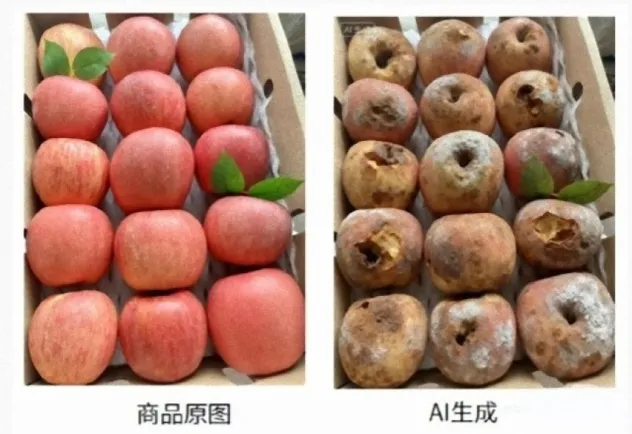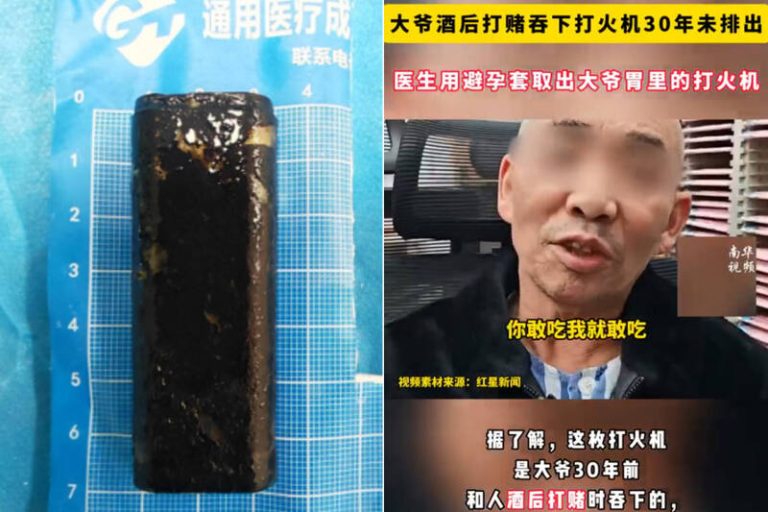Ten of the twelve water companies operating in the UK have recently admitted to using the medieval practice of water dowsing to locate pipes or underground water sources, despite the lack of any scientific evidence proving its effectiveness. Numerous studies have, in fact, discredited dowsing as pseudoscience after multiple experiments failed to demonstrate its eficacy. The disclosure that the firms are still using the practice, and passing the cost on to their customers, has prompted calls for The Water Services Regulation Authority, or Ofwat, to intervene.
Dowsers claim that their divining rods, two bent pieces of metal – typically copper or silver – cross over each other to make an X when they detect the presence of water below ground. Despite the claim being long discredited, some water companies insist that the practice is as effective as modern methods, such as drones or satellites.
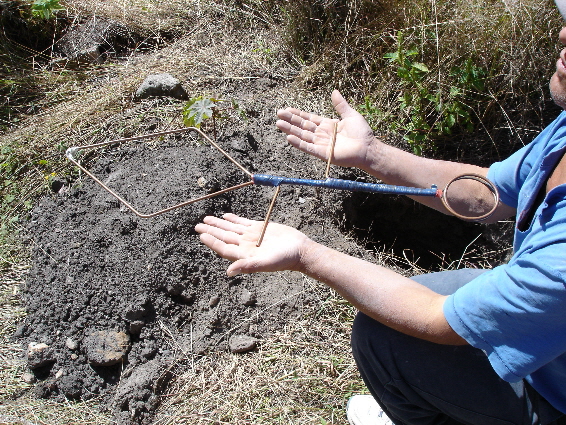
Photo: José Antonio Agraz Sandoval
Science blogger and Oxford Ph.D. student Sally Le Page discovered that the firms were still using diving rods after her parents saw an engineer from Severn Trent walking around with his dowsing rods attempting to locate a broken pipe near their home in Stratford-upon-Avon.
Le Page sent a tweet to Severn Trent asking why it was still using divining rods to find pipes, despite the lack of scientific evidence as to their usefulness. Replying to Le Page via Twitter, Severn Trent said, “We’ve found that some of the older methods are just as effective than the new ones, but we do use drones as well, and now satellites.”
Shocked by the response, Le Page then went on to ask the other 11 water companies in the UK whether they were using water diviners. Of the 12 companies, only one, Wessex Water, said it did not utilize dowsing rods at all, and another, Northern Ireland Water did not reply. The other ten, including Welsh Water, Scottish Water, South West Water, Southern Water and United Utilities, confirmed the use of water dowsing within their company.
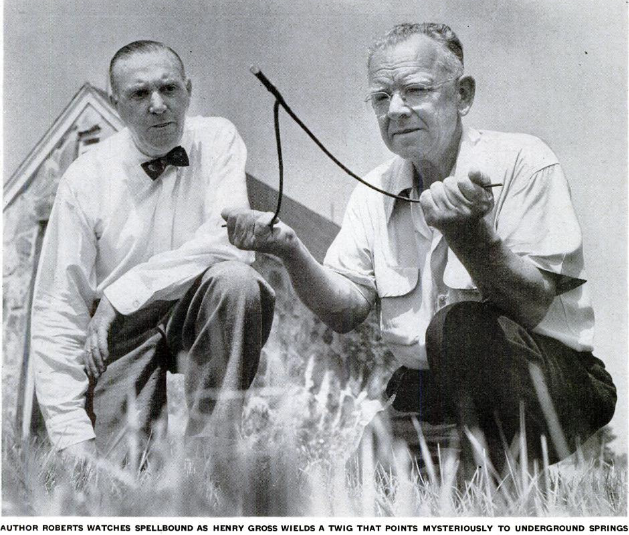
Photo: Wikimedia Commons
One water company, Anglia Water, insisted on the effectiveness of the method and invited Le Page to a demonstration, although it is unclear whether or not she accepted.
“Ofwat should be looking into this because it’s a total waste of money,” Le Page told The Guardian. “It’s not going to do any harm. But sending out somebody off to a location just to wave some sticks around is not a good use of time or money.”
Christopher Hassall, a water management specialist at the Leeds University school of biology, said “This isn’t a technique, it’s witchcraft. We work with water companies to enhance the sustainability of drinking water supplies, and it is frustrating that there are still some very peculiar practices that are going on in these companies.”
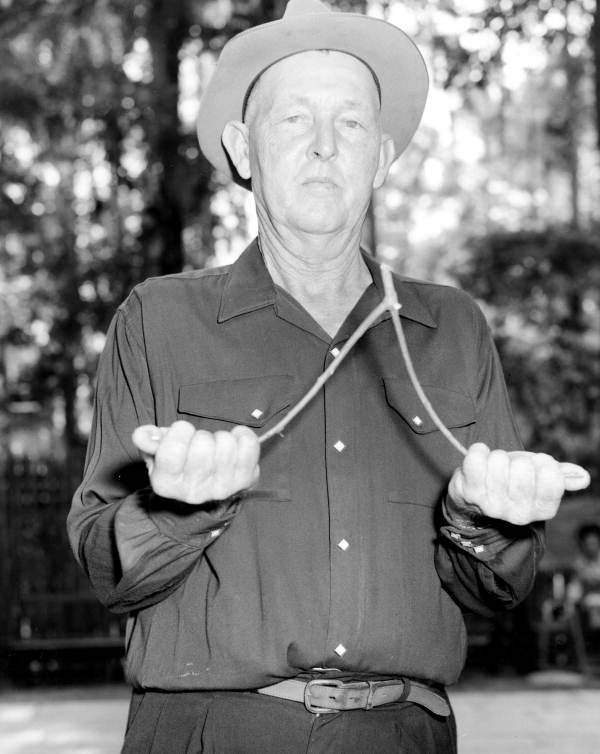
Photo: Wikimedia Commons
Hassall called for Ofwat to intervene and eradicate dowsing.
“The statutory bodies need to be stepping in. It is analogous to using homeopathy and reiki on the NHS. These are unproven practices that waste time and money,” he continued, “Drinking water is a fundamental human necessity and something that the water companies should be managing as effectively and efficiently as possible without using these medieval witchcraft practices. If they are going to be passing the charges on to us for using dubious practices, then that’s something everyone in the UK should be concerned about.”
On her Medium blog, Le Page points out that there is a complete lack of scientifically rigorous double-blind evidence to prove that dowsing rods work, and wonder how, despite all this, such practices are still in use.
“Every properly conducted scientific test of water dowsing has found it no better than chance. You’ll be just as likely to find water by going out and taking a good guess as you will by walking around with divining rods. You could just laugh this off,” Le Page writes. “Isn’t it a bit silly that big companies are still using magic to do their jobs! Except if they get it wrong, that could mean the difference between an entire town having safe drinking water or not.”
A spokesman for the sector’s trade body, Water UK, came to the defense of the companies in question. “Water companies are spending millions of pounds each year on innovative leakage detection schemes which have helped reduce leakages by a third since the 1990s, and it’s unlikely that a few individuals doing some unofficial divining has had much impact,” he told The Guardian.










